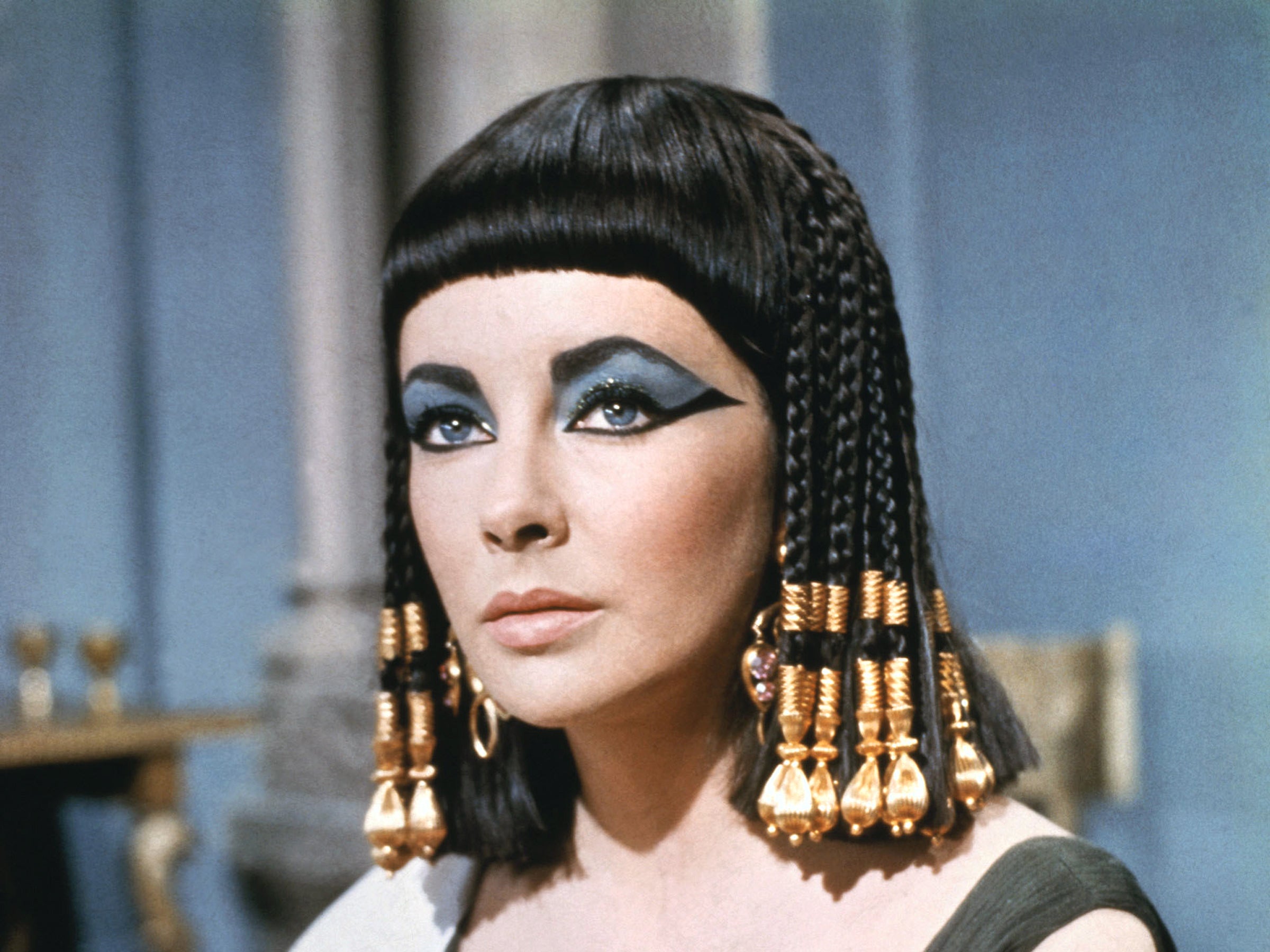Cleopatra should be played by a black actor – but not just because it might be more historically accurate
Lady Gaga and Angelina Jolie may be in the running for the role, but casting a BAME actor is the only way to achieve anything close to equality within the film industry


Your support helps us to tell the story
From reproductive rights to climate change to Big Tech, The Independent is on the ground when the story is developing. Whether it's investigating the financials of Elon Musk's pro-Trump PAC or producing our latest documentary, 'The A Word', which shines a light on the American women fighting for reproductive rights, we know how important it is to parse out the facts from the messaging.
At such a critical moment in US history, we need reporters on the ground. Your donation allows us to keep sending journalists to speak to both sides of the story.
The Independent is trusted by Americans across the entire political spectrum. And unlike many other quality news outlets, we choose not to lock Americans out of our reporting and analysis with paywalls. We believe quality journalism should be available to everyone, paid for by those who can afford it.
Your support makes all the difference.The Daily Star has revealed that Lady Gaga and Angelina Jolie are competing for the title role in Sony’s upcoming, big-budget production of Cleopatra.
After the internet collectively groaned at yet another Cleopatra remake, a “whitewashing” debate began to emerge. Should Lady Gaga or Angelina Jolie, both white actors, be playing the Egyptian queen in the first place?
This question caused quite a stir, and Twitter has become a hotbed of conflicting theories. Some people insist that Cleopatra was ethnically Greek, explaining that Egypt's Alexandria-based rulers were descended from Alexander the Great's general, Ptolemy I Soter.
They argue that casting Gaga or Jolie wouldn’t count as whitewashing, because Cleopatra was in fact white.
Others want the iconic role be played by a black actor, citing revelations that Cleopatra’s mother was actually African (a theory that emerged after a skeleton, thought to belong to Cleopatra’s sister Princess Arsinoe, was found in Ephesus, Turkey).
Some people are arguing that applying these dichotomous standards of whiteness and blackness to ancient Egypt is, in fact, unhelpful and anachronistic.
I’m no ancient historian; I have absolutely no idea which party is technically correct. But, ultimately, the answer to whether or not Cleopatra should be played by a white woman shouldn’t come from an ethnological examination of ancient Egypt.
The casting should be informed by the racial and social dynamics of today.
The whitewashing debate isn’t about encouraging incredibly geographically prescriptive casting; it’s not about finding an actor of Greek/Macedonian descent if we can prove that Cleopatra was of Greek/Macedonian descent. Obviously, this level of precision would hugely limit the dramatic range available to actors, and our art would suffer as a result.
However, the whitewashing debate is serving an incredibly important purpose: it highlights the more general, problematic trends within film and television, many of which disadvantage non-white actors in several ways.
Our obsession with telling the same stories over and over again, as well as our infatuation with traditional period dramas, greatly reduces the number of parts available for BAME actors.
Our enduring interest in Cleopatra, as opposed to myriad other African queens, is a product of this westernized way of thinking.
While this remains the case, and production companies insist on maintaining this inadequate cinematic canon, the very least we can do is attempt to diversify the range of actors who are offered parts in these stories.
Cleopatra has already been played by many white women (Claudette Colbert, Vivien Leigh, and Elizabeth Taylor); we should be insisting that, this time around, the part goes to a black actor, regardless of the conclusion we reach about the ancient queen’s actual ethnicity.
Just to be clear; yes, I’m advocating a double standard. I’m saying that white people shouldn’t be given non-white parts, but that people of colour should be able to dramatically portray white-skinned figures.
I’m saying this not because I’m an “anti-white racist” but because, until we diversify the range of stories and scripts we develop, this is the only way to achieve anything close to ethnic equality within the film industry.
The limited number of parts for actors of colour (and even fewer for those with darker complexions) means that, for the time being, this double standard is entirely necessary.
The whitewashing debate is important, not because we’re desperate to curtail cultural fluidity in the dramatic arts, but because, currently, the system isn’t working for everyone.
We continue to cast white people in non-white parts, and we continue to favour light-skinned BAME actors, even when they’re supposed to be portraying dark-skinned people on-screen.
This is why, if Sony do insist on reimagining Cleopatra for the gazillionth time, the part should not be played by a white actor. If this role can be given to a black woman, it should be.
Join our commenting forum
Join thought-provoking conversations, follow other Independent readers and see their replies
Comments